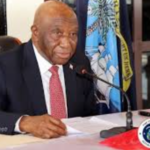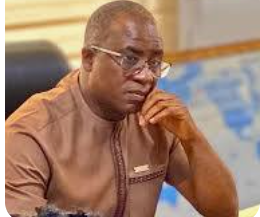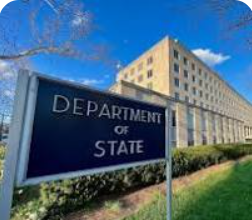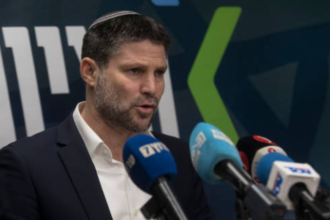ACCRA, GHANA – In the wake of significant reductions in USAID programs across the region, West African nations are forging a new path, prioritizing trade, technology, agriculture-food production, innovation, and strategic alliances with a diverse range of global partners. While acknowledging the past contributions of US assistance, leaders across the region are emphasizing self-reliance and exploring opportunities with Europe, the Middle East, and Asia, particularly China, Russia, and India.
The shift follows a period of uncertainty after USAID announced significant cutbacks, impacting sectors such as agriculture, healthcare, and education. The move prompted a reassessment of development strategies, pushing governments to actively seek alternative funding sources and foster sustainable economic growth from within.
“We appreciate the support we received in the past,” stated Minister of Trade for Senegal, Mr. Serigne Guèye DIOP, “but this period has also highlighted the need for us to take ownership of our development. We are focusing on strengthening our internal capacity, promoting intra-African trade, and diversifying our partnerships.”
A key aspect of this new approach is boosting regional trade through initiatives like the African Continental Free Trade Area (AfCFTA). This initiative aims to create a single market for goods and services across the continent, fostering economic growth and creating opportunities for local businesses.
Beyond intra-African trade, West African nations are actively cultivating stronger ties with global partners. European nations are being approached for increased investment and enhanced trade agreements. Meanwhile, the Middle East, with its burgeoning economies and strategic investments, is seen as a crucial partner for infrastructure development and technology transfer.
The most significant shift, however, lies in the growing engagement with Asian powerhouses. China, already a major investor in West Africa, is expanding its involvement in infrastructure projects, resource development, and manufacturing. Russia is also increasing its presence, particularly in the energy and security sectors. And India, with its expertise in technology and pharmaceuticals, is becoming an increasingly important partner in healthcare and innovation.
“We are not closing doors to anyone,” explained a professor of economics at the University of Ghana. “We are simply diversifying our portfolio of partners. China, Russia, and India offer unique opportunities for investment and technology transfer that align with our development goals.”
This new approach is not without its challenges. Concerns have been raised about potential debt traps and the environmental impact of some foreign investments. Critics also question the long-term sustainability of relying heavily on external partners.
However, proponents argue that this diversification is essential for achieving true economic independence. They emphasize the importance of careful planning, transparent governance, and strong domestic institutions to ensure that these partnerships benefit the region and its people.
“Ultimately, the future of West Africa rests in our hands,” concluded Minister Diop. “By embracing innovation, fostering regional cooperation, and forging strategic alliances, we can build a more prosperous and self-reliant future for ourselves and generations to come.”
The coming years will be crucial in determining the success of this new strategy. As West African nations navigate the complexities of a rapidly changing global landscape, their commitment to self-reliance, strategic partnerships, and sustainable development will be key to unlocking their full potential.









